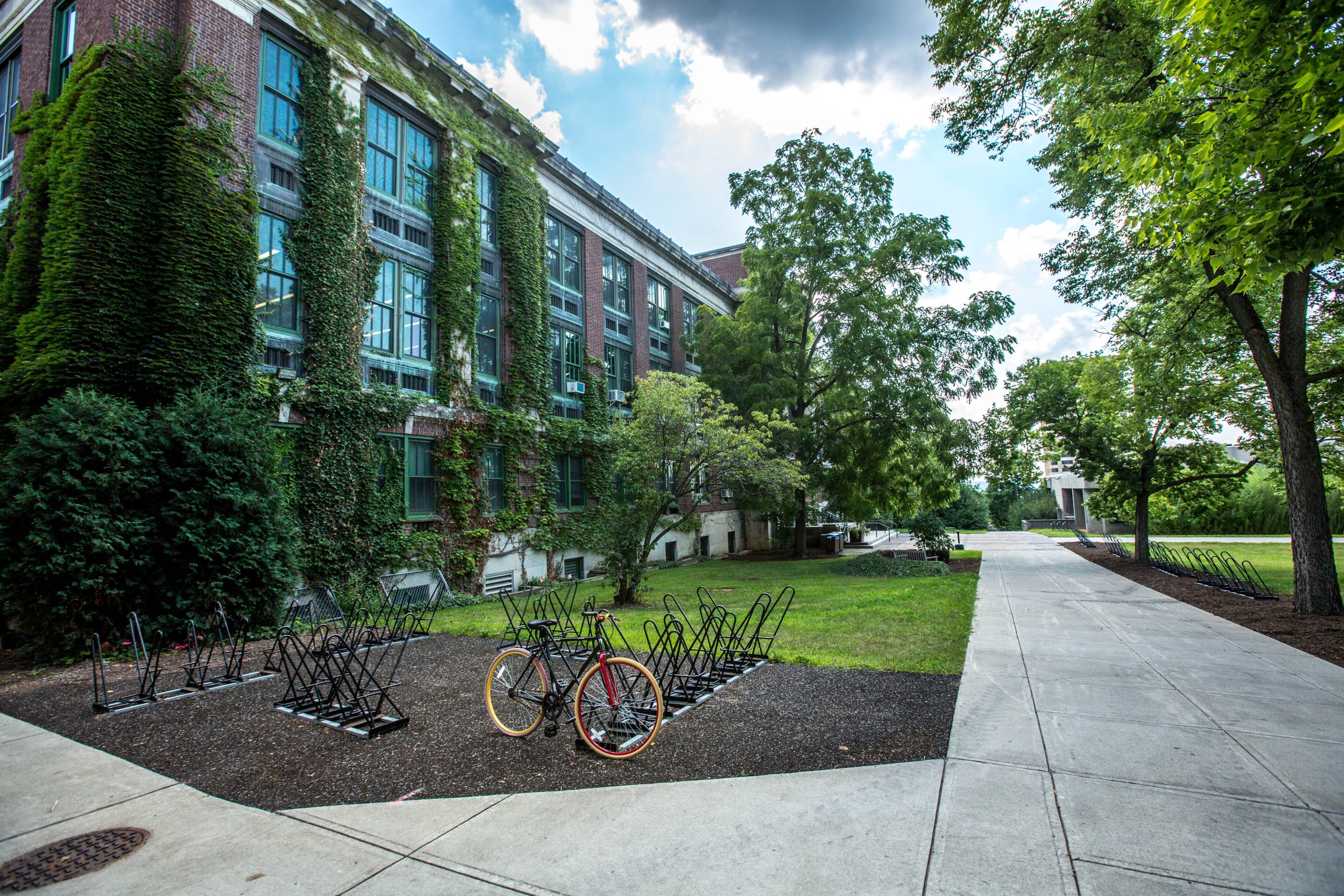How University Life Can Disrupt Your Sleep (and Tips to Fix It)
Heading to university is bound to bring about numerous emotions. It’s the start of an exciting chapter in your life in which you have a lot of additional freedom – especially if you’re moving to study in a new town or city. But university life can feel very different to the routine of school or college and living with your parents. One of the perhaps unexpected ways a university lifestyle can impact you is a change in your sleeping habits, whether that’s a difference in the amount of sleep you get, changes to the quality of your sleep, or difficulties getting to and staying asleep.
Having troubles with your sleep can affect all areas of your life, from your mood and wellbeing to how well you’re able to study. So understanding the relationship between university life and sleep is important.
First, let’s look at why your sleep is likely to be impacted:
Increased socialising
The excitement of making new friends and having new social experiences is a huge part of the appeal of university. But social gatherings, parties, and events often occur in the evenings and can extend late into the night, leading to later bedtimes and less sleep.
Drinking alcohol also impacts the quality of our sleep. It might feel like you fall asleep as soon as your head hits the pillow, but as the body metabolises alcohol, it can lead to increased wakefulness during the night. It disrupts the sleep cycle, particularly the REM (Rapid Eye Movement) stage, which is crucial for restorative and cognitive functions.
A lack of routine
Unlike the structured schedule of school, university life often involves irregular class times and activities, which can disrupt regular sleep patterns. On some days, you might not have a lecture until the afternoon, so if you’ve had a big night out, it can be tempting to sleep in. Before long, any regular sleep pattern is out of the window.
Academic pressure
The desire to maintain an active social life while keeping up with academic responsibilities can lead to late-night study sessions and cramming. Cramming (attempting to remember a lot of information in a short period of time) relies on short-term memory, so you only retain and regurgitate information, as opposed to knowing and understanding it.
Don’t beat yourself up too much if you need to cram from time to time, but try not to rely on it. Creating a study schedule and planning ahead can reduce the risk of last-minute panicking.
Tips for improving your sleep
We all feel better when we’re sleeping well. So if you’re looking to improve your sleep, think about the following:
- Focus on your sleep hygiene. This refers to a set of practices and behaviours that are conducive to sleeping well on a regular basis. Good habits include a cool, dark, and quiet bedroom, a pre-sleep wind down routine, and reduced screen time. There are plenty of tips for students looking to optimise their sleep hygiene.
- Control what you can. Depending on where you live, there might be additional noise or distractions that impact your sleep. Consider if it’s worth investing in blackout blinds, earplugs, a fan or any other essentials which could make your bedroom somewhere conducive to rest.
- Be accountable. You’re responsible for your own time at university, so it’s important to find a balance that works for you. Remember your goals for attending uni and accept that there will, at times, be a need to compromise. Missing the odd night out to catch up on sleep can be hugely beneficial to your wellbeing.








